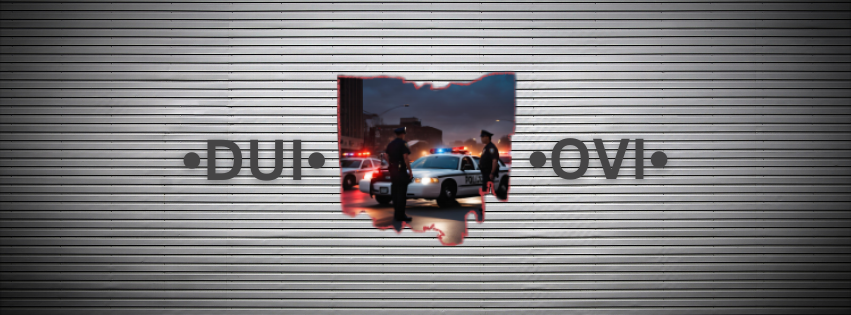The charts we have on our website show the waiting periods for sealing and expungement in Ohio. Our last two articles have gone deeper into Ohio expungement laws on F3 and other felony convictions. Now that we have gone into details on felony convictions, we will dedicate at least one article to sealing expunging misdemeanors in Ohio.
Keep in mind that there are many, many situations and the factors of each situation can impact the eligibility for the sealing of a given record. In addition, the Court can deny an application even if the offender was eligible to apply. However, we can still talk about the general rules for eligibility, and many Ohioans with criminal records may find the information useful.
Sealing Record of Misdemeanors in Ohio
A misdemeanor record in Ohio usually becomes eligible for sealing 6 months after your final discharge. For other misdemeanors, the rules are very similar to expunging low-level felonies (F4 and F5). In many cases, a misdemeanor conviction becomes eligible for sealing one year after the offender’s final discharge. The Ohio Revised Code (ORC) Section 2953.32 describes several crimes that are not eligible for sealing at all. We have another article that talks about these ineligible crimes.
Other misdemeanors become eligible for sealing, but they have different rules, even if they are misdemeanors. Records of Soliciting Improper Conversation require seven years before they become eligible for sealing. If the conviction requires the offender to register as a sex offender, sealing only becomes possible five years after the duty to register has ended.
Again, there may be exceptions to these rules, and eligibility to apply is not a guarantee that sealing will be granted.
Expunging Misdemeanors in Ohio
The rules for expunging a misdemeanor in Ohio are different from the rules for expunging felonies. Even F4 and F5 have different rules from misdemeanors. Not only are the time periods shorter for misdemeanors, but the time periods start for different reasons. For felonies, the time period for expungement does not even start until the time specified for sealing. With misdemeanors, however, the law is more lenient. The time period for expungement starts after the offender’s final discharge. Therefore, it starts at the same time as the time period for sealing. And, also like sealing, misdemeanors can become eligible for expungement one year after offender’s final discharge. Minor misdemeanors can become eligible for expungement six months after offenders final discharge.
Once again, these rules assume that there is no soliciting of improper compensation on the record. Records that do include Soliciting Improper Compensation do not become eligible for expungement until seven years after the offender’s final discharge. This is even true for misdemeanors.
Also once again, there may be exceptions to these rules. And even once a record is eligible for expungement, the court can deny the application.
Conclusion
Sealing and expunging misdemeanors in Ohio may not seem quite as complicated as sealing and expunging felonies. However, there are still many different scenarios and exceptions to the rule. If you have questions about expungement in Ohio, or if you need professional assistance in any other Ohio criminal case, please contact Dearie, Fischer & Martinson!






